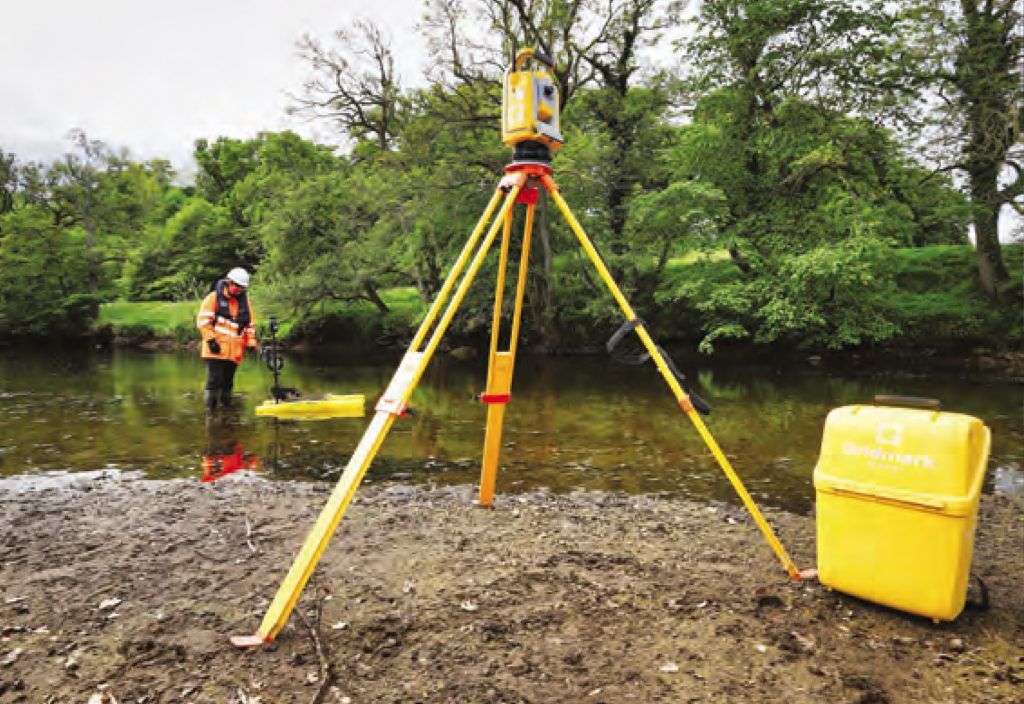
A hydraulic survey, focuses on assessing and analyzing the behavior and characteristics of water within hydraulic systems such as rivers, channels, or irrigation networks. Hydraulic surveys delve into the dynamics of water flow, pressure, and related hydraulic phenomena.
Hydraulic surveys involve the measurement and analysis of parameters like water flow velocity, discharge rates, water levels, sediment transport, and hydraulic structures’ performance. These surveys play a crucial role in designing and maintaining hydraulic infrastructure such as dams, bridges, canals, and flood control systems. By gathering precise data on hydraulic conditions, engineers can optimize the design and operation of these structures to ensure efficient water management, flood prevention, and environmental sustainability.
Furthermore, hydraulic surveys contribute to scientific research by providing insights into the behavior of water systems under various conditions. They aid in resource management by informing decisions on water allocation, irrigation planning, and ecosystem preservation. Additionally, hydraulic surveys support environmental monitoring efforts by assessing the impact of human activities and natural processes on water bodies and their surroundings.